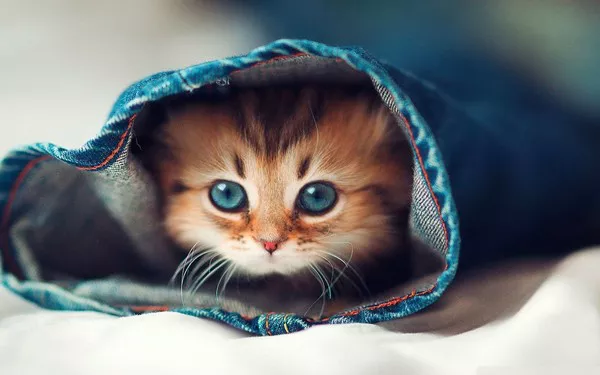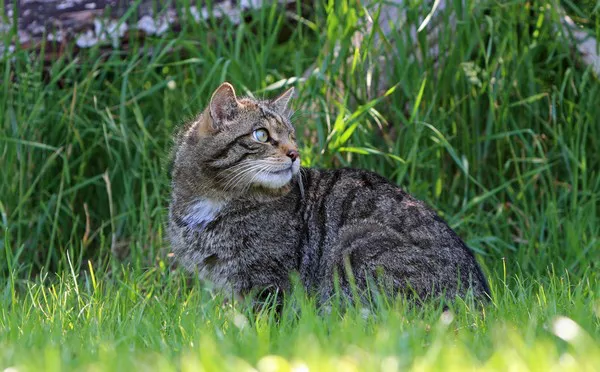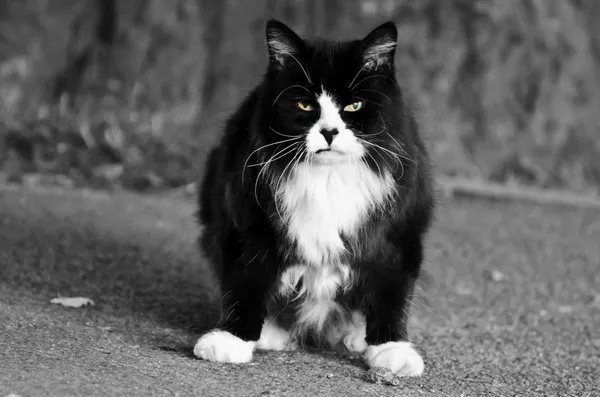Obesity not only affects a cat’s quality of life but can also lead to serious health problems such as diabetes, heart disease, and joint problems. One of the key factors in maintaining a healthy weight for your cat is their diet. In this article, we will discuss the importance of choosing the right cat food for a healthy weight, as well as tips for managing your cat’s weight through diet.
Why is a Healthy Weight Important for Cats?
Maintaining a healthy weight is crucial for a cat’s overall health and wellbeing. Obesity can lead to a variety of health problems, including:
- Diabetes
- Heart disease
- Joint problems
- Respiratory problems
- Skin problems
- Reduced lifespan
In addition to these health problems, obesity can also affect a cat’s quality of life. Overweight cats may have difficulty grooming themselves, playing, and moving around comfortably.
Choosing the Right Cat Food for a Healthy Weight
When it comes to choosing the right cat food for a healthy weight, there are a few key factors to consider:
Protein Content: A high-protein diet can help cats maintain a healthy weight by promoting lean muscle mass and reducing body fat. Look for cat foods that contain at least 30% protein.
Fat Content: While cats need some fat in their diet, too much fat can contribute to weight gain. Look for cat foods that contain no more than 20% fat.
Carbohydrate Content: Cats are obligate carnivores, which means they require a diet that is high in protein and low in carbohydrates. Look for cat foods that contain no more than 10% carbohydrates.
Calorie Content: The number of calories your cat needs will depend on their age, activity level, and overall health. Talk to your veterinarian to determine the appropriate calorie intake for your cat and choose a cat food that meets their needs.
Tips for Managing Your Cat’s Weight through Diet
Once you have chosen the right cat food for a healthy weight, there are a few additional tips you can follow to help manage your cat’s weight:
Portion Control: Overfeeding is one of the main causes of obesity in cats. Use a measuring cup to ensure you are feeding your cat the appropriate amount of food based on their calorie needs.
Feeding Schedule: Feeding your cat on a schedule can help prevent overeating. Divide your cat’s daily food intake into several small meals throughout the day.
Treats: Treats should be given in moderation and should not make up more than 10% of your cat’s daily calorie intake. Look for low-calorie treats or consider using small pieces of your cat’s regular food as treats.
Exercise: Regular exercise is important for maintaining a healthy weight in cats. Encourage your cat to play and engage in physical activity by providing toys and opportunities for play.
The Role of Fiber and Wet Food in a Cat’s Diet for Weight Management
In addition to the factors mentioned earlier, there are a few other things to consider when choosing the right cat food for weight management. One of these factors is fiber. Fiber is an important component of a cat’s diet that can help regulate digestion and promote feelings of fullness.
There are two types of fiber found in cat food: soluble and insoluble fiber. Soluble fiber dissolves in water and forms a gel-like substance in the digestive tract, while insoluble fiber does not dissolve and helps to add bulk to stool.
When choosing a cat food for weight management, look for options that contain a moderate amount of fiber. Too much fiber can lead to digestive upset, while too little fiber can contribute to weight gain. Aim for a fiber content of around 2-4% in dry cat food.
Another factor to consider is the incorporation of wet food into your cat’s diet. Wet food has a higher moisture content than dry food, which can help keep cats feeling full and hydrated. Additionally, some wet food options may have a lower calorie content than dry food, making them a good choice for weight management.
When choosing wet food options, it’s important to look for high-quality options that provide all the necessary nutrients for your cat. Some wet food options may contain fillers or other ingredients that are not nutritionally beneficial, so be sure to read labels carefully and talk to your veterinarian if you have any questions.
By considering the role of fiber and wet food in your cat’s diet, you can help promote weight management and overall health for your feline friend.
Conclusion
Maintaining a healthy weight is crucial for your cat’s overall health and wellbeing. By choosing the right cat food for a healthy weight and following these tips for managing your cat’s weight through diet, you can help your cat live a long, healthy life. Remember to talk to your veterinarian if you have any concerns about your cat’s weight or diet.
In addition to diet, there are other important factors to consider when it comes to maintaining your cat’s overall health and wellbeing. Regular exercise is crucial for weight management and can also help prevent other health issues such as diabetes and heart disease. Providing your cat with toys, scratching posts, and other forms of stimulation can help encourage physical activity and prevent boredom.
Regular veterinary check-ups are also important for monitoring your cat’s weight and overall health. Your veterinarian can help you develop a customized diet and exercise plan for your cat based on their individual needs and health status. They can also provide guidance on any necessary supplements or medications to support your cat’s health.
Related Topics



























